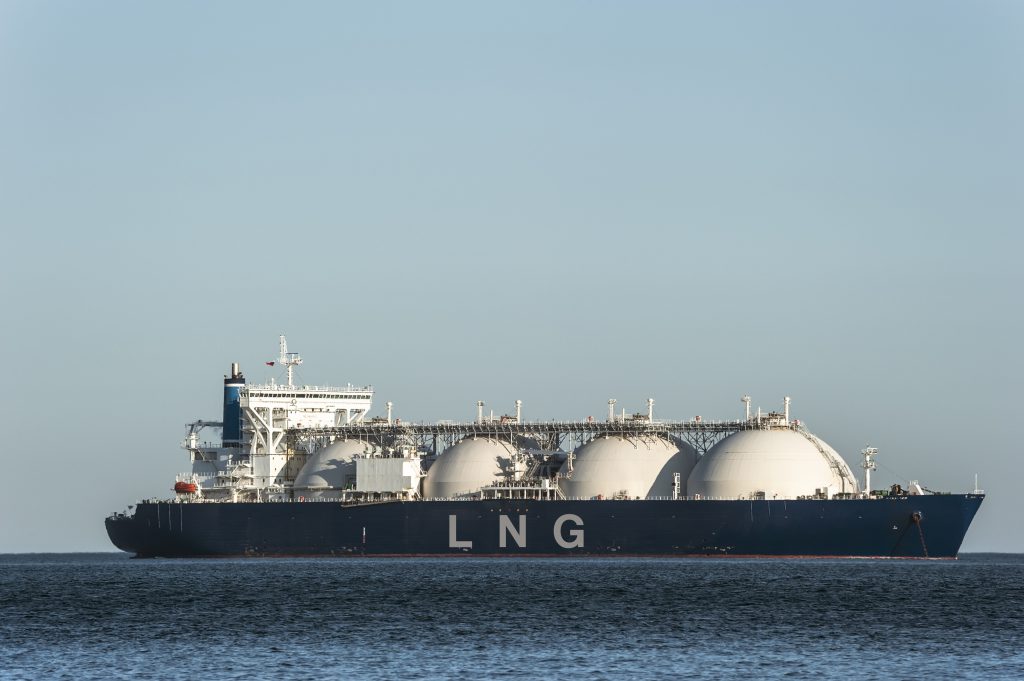Plans to Exploit LNG to Mitigate Load Shedding
DNG Energy is advocating for the use of liquefied natural gas (LNG) as a cleaner and more affordable alternative to diesel, heavy fuel oil, and other fossil fuels for electricity generation. This strategic shift is vital for addressing the energy shortages currently impacting South Africa and the broader region.
The Importance of LNG
LNG is not only a more environmentally friendly energy source but also readily available to power various industries, facilitating a transition toward a net-zero emitting future. While the integration of renewable energy into our energy mix is commendable, LNG provides essential baseload capacity, ensuring reliable energy availability for investors. As we begin decommissioning older coal-fired power stations, it’s clear that current measures are insufficient to achieve a secure reserve margin. Thus, technologies that can be deployed quickly and safely are essential.
Gas complements renewable energy by supplying a steady, non-variable electricity source. Additionally, gas-powered plants can be constructed more rapidly and cost-effectively than traditional baseload options like coal or nuclear.
Bunkering Operations at Coega
Preparations for LNG bunkering at the Port of Coega are in full swing. DNG is exploring the acquisition of suitable vessels and infrastructure to facilitate the receipt, storage, and delivery of LNG. The first gas shipment is anticipated as early as September 2021.
DNG’s bunkering operations will feature a floating storage unit (FSU) moored at Coega, which will receive LNG from carriers. Small-scale LNG carriers will perform ship-to-ship transfers between the FSU and bunkered ships. A key aspect of this operation is its focus on delivering LNG to onshore customers in the region, ensuring that these carriers are readily available to meet demand as needed.
Addressing Capacity Shortages
DNG asserts that LNG can effectively meet South Africa’s electricity generation capacity shortages. Currently, existing peaking plants, primarily converted gas turbines and diesel-powered engines, are utilized outside peak periods at prohibitively high costs, both financially and environmentally, merely to satisfy demand and reduce the impact of load shedding.
Integrating LNG into the energy mix is expected to provide much-needed relief, particularly for customers who can access off-grid sources. LNG will serve as a significant contributor to an efficient and cost-effective energy solution, especially as other options may be too expensive, environmentally damaging, or inadequate for larger demands.
Broader Applications of LNG
LNG will also be accessible for various industries, including gas-to-power for both large and small customers, as well as industrial processes, logistics, and mining activities. DNG envisions gas-to-power as a critical component of the national grid, capable of meeting South Africa’s energy needs, enhancing economic stability, and significantly reducing or potentially eliminating load shedding.
In summary, DNG Energy’s plans for LNG utilization present a promising pathway toward a more reliable and sustainable energy future for South Africa.

Leave a Reply